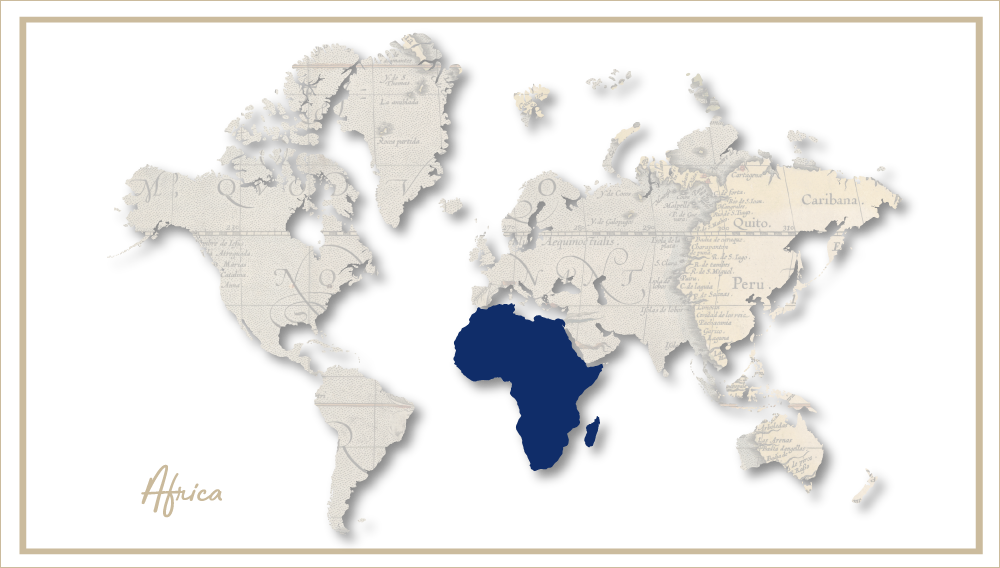Brewers turn to government for loans
Why have all the country's established brewers and upstarts asked Ethiopia's state-owned bank CBE for multi-billion loans, in the local currency birr (ETB), that is? This interesting – but perhaps minor – detail was brought to light recently by Ethiopia's lively blogosphere. Among the loan-seekers, Ethiopian sources say, are Heineken (which owns two breweries and builds a third), Diageo, Habesha, Raya, Zebidar and BGI.
These loans are said to go towards the construction of new breweries or the expansion of existing ones.
Although Diageo and a few others have not admitted as to how much money in loans they seek from the government, the previously confirmed and granted loans add up to roughly ETB 5 billion by our count. That's USD 265 million.
That's all fine and dandy. But still, why ask the government for help at all? Well, there are several reasons for this. It will be remembered that through the privatisation schemes, the Ethiopian government in 2011/2012 pocketed some USD 386 million from the sale of three breweries.
"Why not claim some of that money back through government loans", the brewers' financial advisors must have thought. After all, no sane investor seeks to bear all the risks of an emerging market investment himself. By rule of thumb, investments are split thus: investors' equity is 40 percent with outside capital (i.e. bank loans) at 60 percent. In Ethiopia, loans must be fairly cheap at the moment considering inflation, which ran at over 10 percent in 2012.
Two, all the brewers that bought established breweries like Harar and Bedele (Heineken) and Meta Abo (Diageo), already have revenues in birr. Probably, rather than going to the trouble of expatriating their profits through CBE (which is the only bank in this socialist state that can disburse forex), it makes more financial sense to use them to pay back a loan locally.
You see, from the point of view of investors, it all adds up. Whether it all adds up in the long-term for the Ethiopian government, I am not so sure. In fact, most of what the government earned from the sale of the breweries, it is now handing back to the buyers, while others grumble that credit is hard to come by for the unconnected. Already some critics have complained that the breweries are not going to boost job creation. Half of the country' youth have no job and poverty is still so pervasive that it is raising questions over how fast a consumer class will emerge.
For long Ethiopia has run a massive trade deficit, standing at USD 8 billion compared with a national income of USD 38 billion (2012). The country's mineral wealth is as yet still under-used and the export of agricultural produce – coffee – is central to its economy (about 40 percent of national income). A lot of public spending is planned and needed, especially in infrastructure. If brewers, through excise and taxes, help fill up public coffers a bit, the government's decision to award them huge loans may not look all that bad in retrospect.
Currently, a lot of building work is underway at breweries right across Ethiopia, which ranks as the most promising beer market in Africa, given its low consumption rate of beer (4 litres per capita) and high population (80 million people).
Ethiopian beer-maker Raya Brewery has announced it has raised ETB 500 million (USD 27 million) to fund the construction of its first plant, located on the outskirts of Maichew, 670 km north of Addis Ababa in the Tigray regional state. The brewery is to go on-stream next year. It will produce 600,000 hl of beer annually.
BGI Ethiopia, which is majority owned by France's Pierre Castel and serves as Ethiopia's biggest brewer, has acquired a 42 percent stake in Raya Brewery, worth ETB 210 million (USD 11 million).
Habesha Brewery, in which the Dutch brewer Bavaria owns a 39 percent stake, has secured a ETB 370 million (USD 20 million) loan from CBE to construct a brewery on the outskirts of Debre Birhan, 130 km northeast of Addis in the Amhara regional state. Habesha already has the Chinese company, Lehui Food Machineries, under contract to design and build the brewery at a cost of ETB 510 million (USD 27 million). From what we have heard, they have started the earth works on their site.
Incidentally, Habesha will be the second brewery in Debre Birhan, where Dashen Brewery is already constructing its second plant, expected to produce between 2 million and 3 million hl of beer per year. Its first plant is in the town of Gondar. Dashen Brewery, which was owned by some military-affiliated company, sold a 41 percent controlling stake to the private equity firm Duet for USD 90 million in 2012. It is understood that Duet will seek an exit in a few years' time and already speculation is rife who will buy Dashen eventually.
Media report that Heineken has secured ETB 3 billion (USD 160 million) from CBE for its USD 120 million new plant (estimated capacity: 1 million hl) at Kilinto, on the Eastern outskirts of Addis. The Dutch brewer bought Harar and Bedele breweries from the Privatization and Public Enterprises Supervising Agency two years ago for USD 163.3 million. They also got a combined ETB 600 million (or 700 million birr – here estimates vary) loan, or the equivalent of USD 32 million, for the expansion of the Bedele and and Harar breweries to bring their production capacity from 300,000 hl to 450,000 hl.
Another group is currently seeking financing for Zebidar Brewery in the Guraghe Highland. If granted, they hope to build a 300,000 hl plant.
If all goes according to plan, a lot of extra brewing capacity will become available next year. Not too soon. Observers say, all breweries are working hard to meet rising demand for beer.
If this alone will keep Ethiopians happy, the government's money may have been put to good use.

